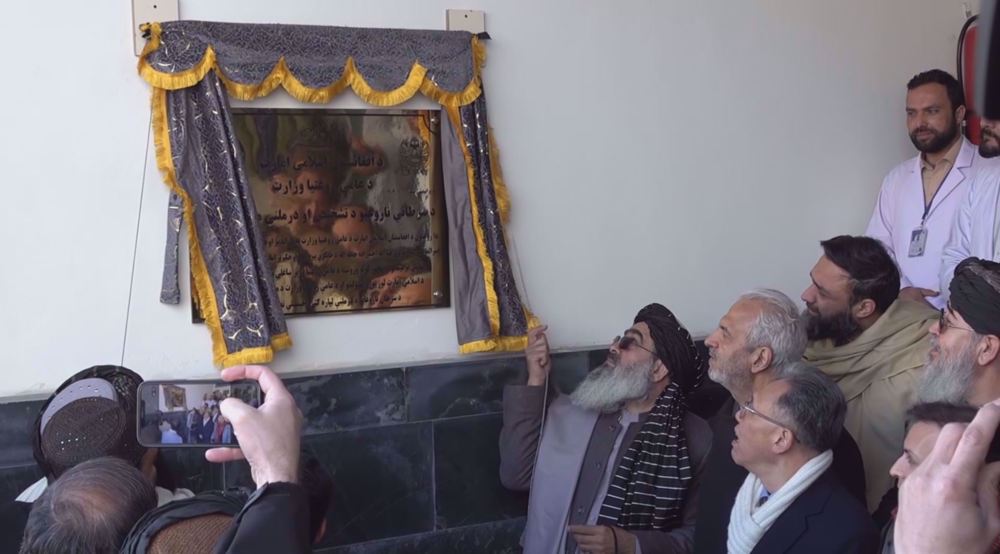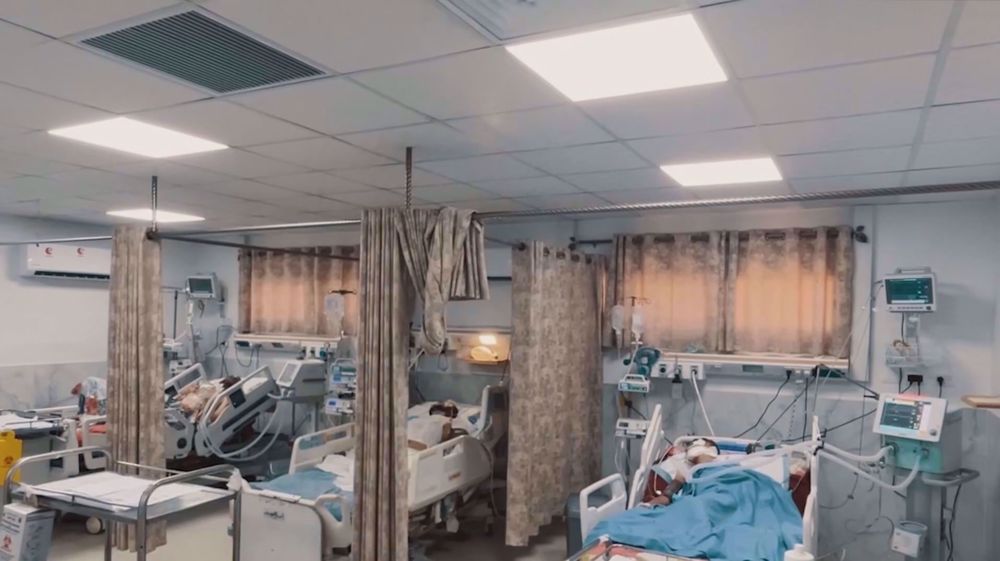French unions decry austerity in first strike since Covid-19 outbreak
Ramin Mazaheri
Press TV, Paris
From the Yellow Vests to the longest general strike the country has ever seen, France under President Emmanuel Macron has been the site of not only constant grassroots expression but also shocking political repression.
For the first time since the coronavirus epidemic began, France’s unions called a nationwide strike with protests taking place in over 200 cities and towns.
Unions and workers are accusing politicians and bosses of manipulating the corona crisis in order to ram through more far-right economic austerity policies.
Deeply unpopular cuts to unemployment insurance go into effect this week despite the ongoing economic uncertainty.
A decade of failed austerity followed by the unprecedented corona recession has given France’s lower- and middle-classes a list of problems too long to fully mention: inflation, energy prices, intense corona-related restrictions on personal freedom, unemployment and soaring inequality.
But perhaps most telling is that even conservative politicians now talk of the need to “make work pay” because French wages and salaries have been so stagnant for so long.
Protesters say that the coronavirus lockdowns and work cutbacks are too often presented as some sort of welcome and generously-subsidized vacation. The reality is they have been catastrophic for many average households.
The French street is alive with protests for the first time in over one and a half years, and it may decide the outcome of Macron’s re-election bid this April.
Hamas blasts Western media for blindly defending false Israeli narrative
ElBaradei condemns US threats of military action against Iran
‘No two-hour war’: Iran vows immediate retaliation to any attack
VIDEO | US warmongering threatens stability
Pezeshkian: US must end provocations if it seeks genuine diplomacy
Iran summons German ambassador over Merz’s ‘low-minded’ remarks
Iran's Armed Forces warn EU of ‘consequences’ of IRGC designation
Iran FM: EU’s blacklisting of IRGC a ‘major strategic mistake’









 This makes it easy to access the Press TV website
This makes it easy to access the Press TV website